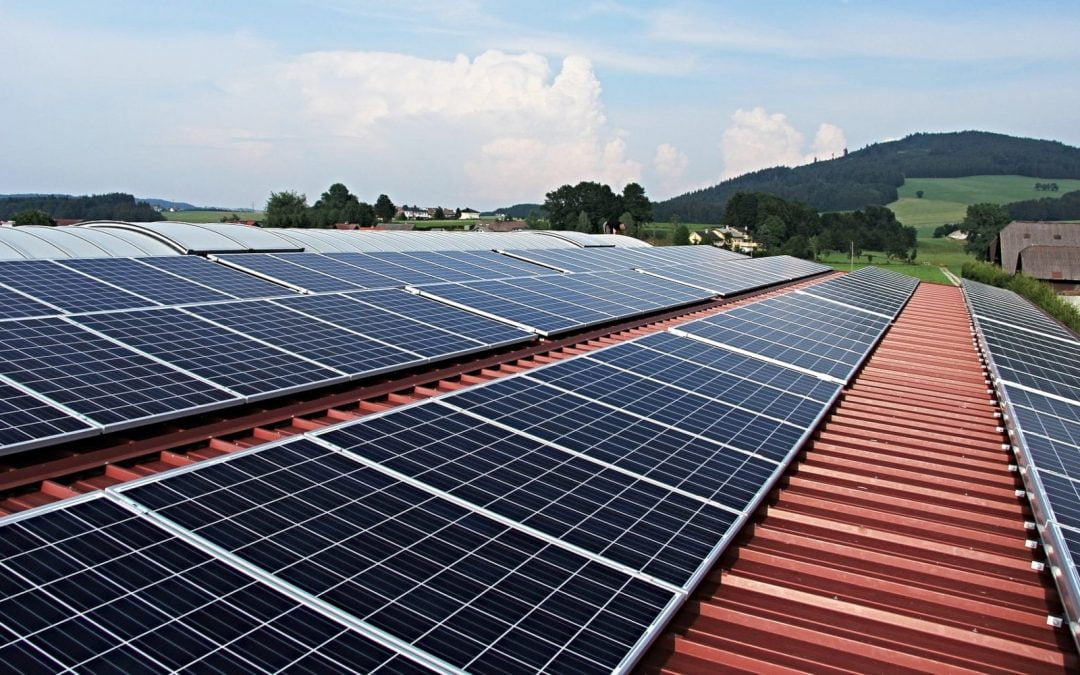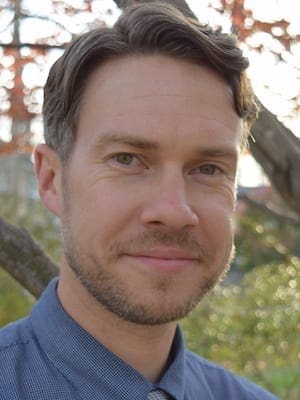A Statement on Environmental Justice was adopted during the Alliance of Baptists’ annual gathering in Dayton, Ohio, in April 2018.
The statement calls us, as individuals and as a community of faith, to:
- Preach, teach and live a theology of beloved community
- Respond pastorally to the fear and grief of climate catastrophe
- Engage in personal and corporate spiritual disciplines in the consumption of resources
- Advocate for public policy that supports a compassionate and responsible attitude toward all matters of creation justice
This gathering, with the theme of “Earth: Beloved Community,” and the resulting statement inspired the birth of the creation justice team at College Park Baptist Church in Greensboro, North Carolina.
Dedicated to upholding the principles of the Alliance Statement on Environmental Justice in our congregation and local community, the team has worked over the past year on several initiatives to raise awareness around issues of creation justice in our congregation.
- We have an ongoing Creation Project art installation on the walls of our church halls, which features photos and artwork from our members that speak to them about the beauty of God’s creation.
- College Park youth created signage for our kitchen and fellowship hall, noting which items should go in our compost and recycling bins after meals.
- Our bulletins are now being offered online through the church website to reduce paper waste.
- An Outdoor Club was started as a means of fellowshipping together outside on our city’s beautiful greenways.
- Creation justice is a recurring theme in College Park sermons, liturgy, original congregational songs and other musical selections, as well as Wednesday night educational programming.
- One of our members compiled a detailed report on the energy and lighting efficiency practices that we already have in place at College Park.
- Another member, who works for the city’s field operations department, ensures that properly updated signage is posted around the church near our multiple recycling bins and also supplies green living facts and suggestions that we draw from on a weekly basis for creation care considerations in our bulletins.
- Drain marker and Adopt-A-Stream programs are planned for the coming year, pending the city’s review of our applications.
Perhaps the most significant step our church has collectively taken is to commit to installing solar panels for sustainable energy production.
This decision came about as a result of conversations that initially took place in our creation justice team meetings.
College Park member and engineer Kevin Shortt took the lead on investigating solar plans, costs and expected benefits for the church and local community.
“We initially dug into researching solar mainly out of a desire to be better stewards of the environment,” Kevin said. “But as we ran the numbers, it became a ‘no-brainer’ because it should not only pay for itself, but become profitable over the life of the system.”
Ultimately, we decided to work with 8MSolar to install a 28.52 kilowatt system on our education building, which will offset 93% of our current kilowatt hour usage, which accounts for about 50% of our monthly energy bill.
This means that once the system is installed, we will only be drawing 7% of our current kilowatt hour usage from the utility company; the rest will be provided by the solar panel system.
While nonprofit entities cannot receive federal tax incentives, our local utility company currently offers a rebate program, which will bring the total cost for installation to around $32,000.
A rebate check in the amount of just over $20,000 will be issued by the utility company six months after the system is commissioned.
By installing the solar panel system, College Park is essentially locking in kilowatt hour rates for the future and, based on production per year, it is calculated that the system will pay for itself within 10 years, after which electricity generation will be free.
Warranties for each part of the system well surpass that 10-year mark and include a 25-year warranty on the panels themselves.
On average, we should produce around 39,552 kilowatt hours per year for the next 25 years, for a total of 988,809 kilowatt hours. Based on this projection, over 25 years the church will save almost $74,000 in energy costs.
The Environmental Protection Agency’s Greenhouse Gas Equivalencies Calculator can quickly show a potential solar panel system’s impact in various ways.
As compared to fossil fuel sources, the amount of kilowatt hours produced by College Park’s system over 25 years will:
- Lower C02 emissions equivalent to 122 homes’ electricity use for one year or 78,681 gallons of gasoline consumed
- Avoid greenhouse gas emissions equivalent to 245 tons of waste being recycled instead of landfilled
- Reduce the amount of carbon typically sequestered by 823 acres of U.S. forests over the course of a year
We hope to have the installation completed by December.
In an age where climate reports continually urge us to act now before it’s too late, College Park has committed to making creation care a top priority.
“‘The earth is the Lord’s,’ the psalmist says (Psalm 24). Not ours, the Lord’s,” Pastor Michael Usey said. “And God has placed us here to help care for it. Our constant use of fossil fuels is ruining creation, so we at (College Park) have considered solar energy as one way to reduce our carbon footprint.”
“It’s a small thing we can do to be better stewards,” Usey said. “‘Steward’ in the New Testament is ‘oikonomos,’ a household economist in the Great Economy, a local economist in the world as the household of God. We can be more faithful to this calling than we’ve been. As a church, we believe installing solar panels is another small step in that direction.”
We at College Park do not in any way claim to be leaders in the creation justice movement, but we do claim to have recognized that caring for the entirety of creation is one of the most important and impactful ways we can deeply love God and all of our neighbors.
We hope that by sharing our story, we might inspire other congregations to consider going solar and formulating creation care best practices that are appropriate and relevant for their contexts.
For those inspired to organize and take action in their own congregations and communities, a short list of helpful websites and resources can be found on our website here (scroll to bottom).
If Christian faith communities can come together and work together in the love of Christ toward a greener, cleaner and more sustainable future, then there is hope that we will be able to shake off the climate despair that many of us currently find ourselves experiencing.
With love, hope and unity of purpose, we can hold to the faith that God will lead us into a new creation, “making a way in the wilderness and streams in the wasteland” (Isaiah 43:18-19).
The time for action is now, and all are invited to join the creation justice movement.
Christian McIvor serves as the Minister of Music & Worship at College Park Baptist Church in Greensboro, North Carolina. He holds M.M. and D.M.A. degrees from the University of North Carolina at Greensboro and he is currently pursuing a Master of Divinity degree (Class of 2020) at the Wake Forest University School of Divinity.


